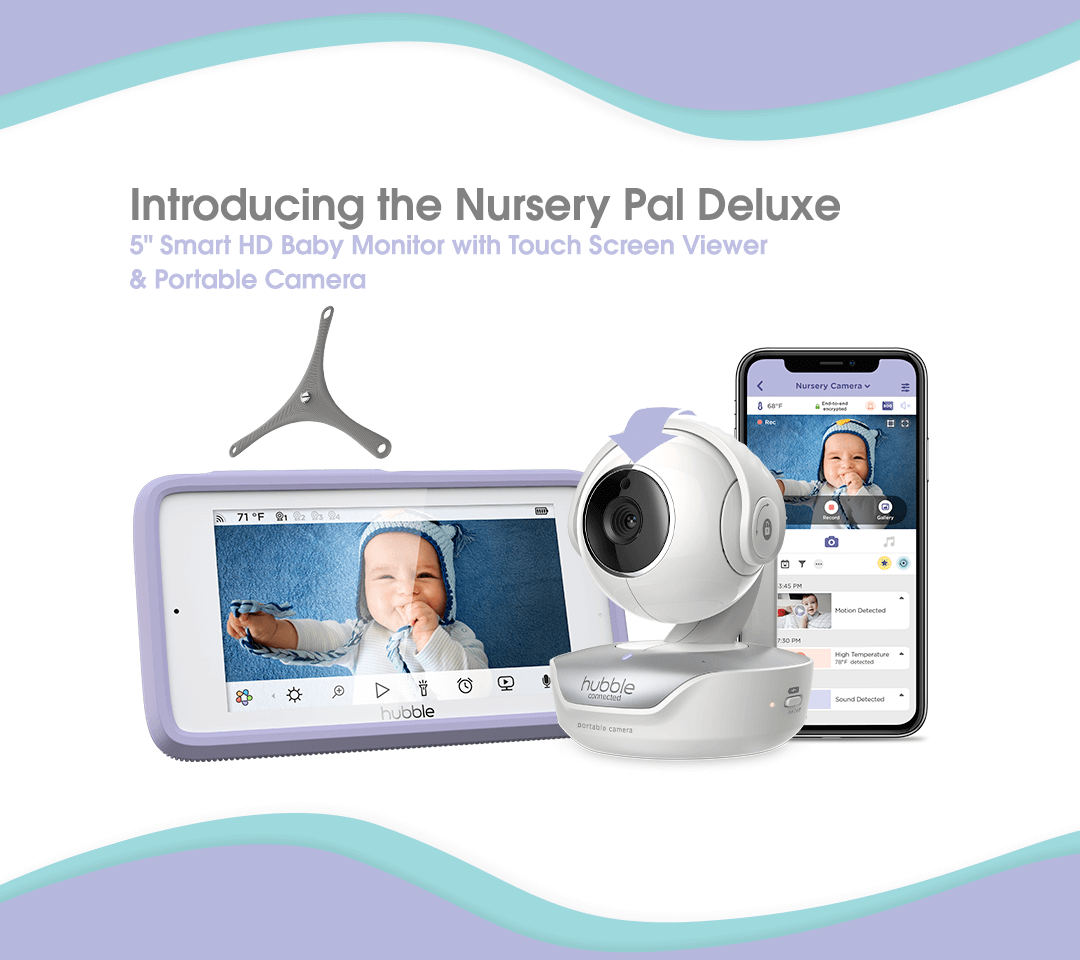Your Cart is Empty
June 15, 2021 2 min read

It can be stressful and daunting when you're eager to start a family but cannot conceive, especially if you've exhausted all of the tried-and-true strategies to increase your odds. For example, you may be having regular sex throughout your fertile period and checking out pregnancy tests and temperature, including ovulation tracking apps. You may start feeling guilty and blame yourself for not being able to get pregnant. You may feel nervous, sad, or even desperate as a result of your situation.
However, many medical reasons may cause infertility, including:
Eggs will not reach a suitable location for fertilization and implantation if the fallopian tubes are blocked. An ectopic pregnancy is even more likely after surgery that cuts a portion of the fallopian line. Because of these complications, physicians often prescribe IVF instead of surgery for otherwise healthy women with blocked fallopian tubes.
Age plays a vital role in fertility, and despite all of the advances in fertility treatment, it remains an arduous task.
After 30, the chances of a woman getting pregnant start declining, and by 40, women have a one in ten probability per month of getting pregnant. At the age of 45, a woman with a uterus has a very slim possibility of conceiving.
For males, age is also a consideration since sperm counts decrease with age. On the other hand, men may have problems with sperm count, structure, and motility as early as puberty. In reality, men are about as likely as women to have fertility problems, which is why all couples should also see a male infertility doctor if they are facing difficulty conceiving.
Unhealthy lifestyles include consuming fried foods, smoking, alcohol consumption, stress, sleep deprivation, and being overweight. These unhealthy habits may causeinfertility in both males and females by significantly influencing reproductive health and ovulation.
Some birth control methods, such as contraceptives or the pill, may have little effect on potential fertility. Others, such as the contraceptive shot, will postpone fertility for months. Even if they are repealed or otherwise discontinued, specific methods of contraception may affect or delay future fertility.
Many medical problems can affect your fertility. Some of the common medical issues are PCOS, hypothyroidism, endometriosis, and uterine fibroids. In most cases, these problems are treatable with specific courses of treatment, such as hormonal treatment and lifestyle modification.
If the months go by without signs of a pregnancy, a fertility doctor will help you improve the probability of becoming pregnant while addressing any potential problems.
Every couple's path to starting a family is different. Consult your physician on your choices. Today, there are many treatments available, from ovulation medications to intrauterine insemination to IVF. Be hopeful! Your journey towards motherhood may be long-awaited but will surely be a life-changing experience.

June 21, 2021 3 min read

June 21, 2021 3 min read
and get $10 OFF your next Hubble Connected purchase.
.png?v=1627679689)

.png?v=1627679796)
.png?v=1627679828)



